A Standards Commission ruling has brought an end to the saga surrounding the revelation an Angus councillor was behind an anonymous Twitter troll account.
Scottish Conservative Derek Wann targeted local and national politicians through the Lady Whistledown profile.
He fashioned the account on a character from the Netflix series Bridgerton.
The Arbroath East and Lunan member initially denied being behind the account, but then apologised for his “unacceptable” conduct.
He has now been cleared of breaking the councillors’ Code of Conduct following a Standards Commission hearing at Angus House council HQ in Forfar.
A three-strong panel considered the investigation carried out by the Ethical Standards Commissioner for Scotland.
Hearing outcome
Here is the full Standards Commission statement on the Panel decision.
At a hearing held on June 15 2022, Angus Councillor Derek Wann was found by the Standards Commission to have breached the Councillors’ Code of Conduct, on the face of it, in respect of comments and posts he made on an anonymous Twitter account named Lady Whistledown AngusFreeofSNP.
However, as Cllr Wann was entitled to enhanced protection of freedom of expression, a formal finding of breach could not be made.
Paul Walker, convener of the Standards Commission and chair of the hearing panel, said: “The Panel found that Cllr Wann made a number of disrespectful and discourteous comments on the anonymous Twitter account that were directed against both his fellow councillors and members of the public.
“The Panel noted the Respondent advised that he had not intended, and did not consider, that he had been disrespectful.
“The Panel was of the view, however, that the fact that the Respondent had initially denied being behind the account, and that he had subsequently deleted it, suggested otherwise.
Anonymity
“The Panel concluded that the only reasonable explanation for the Respondent to have operated the account anonymously was to enable him to indulge in commentary and conduct that he would have otherwise have been prevented from engaging in as an elected politician subject to a Code of Conduct.”
At the hearing, held in Forfar, the three-strong panel heard it was not in dispute that Cllr Wann had operated the Twitter account anonymously until a local newspaper published an article on June 23 2021 linking him to the account.
Mr Wann deleted the majority of the posts on the account before the newspaper published a further story the following day reporting that, after further denials, he had admitted that he was behind the account.
And the hearing noted it had only been possible to recover some of the posts published on the account.
Disrespectful
The Panel found that, in a number of these, Cllr Wann had been disrespectful towards both members of the public and fellow councillors.
Therefore, Cllr Wann’s conduct amounted, on the face of it, to a breach of the Code.
The Panel accepted, nevertheless, that he was entitled to the enhanced right to freedom of expression afforded to politicians commenting on matters of public interest, under Article 10 of the European Convention on Human Rights.
It said Cllr Wann’s posts and comments were not sufficiently offensive, abusive or gratuitous as to justify a restriction on that enhanced right to freedom of expression, that a finding of a breach of the Code and imposition of a sanction would entail.
As such, the Panel concluded overall that a breach of the Code could not be found.
Mr Walker added: “The Panel emphasised that the requirement for councillors to behave in a respectful and courteous manner towards fellow councillors and members of the public is a fundamental requirement of the Code, as it protects the public and also ensures public confidence in the role of an elected member and the council itself not undermined.
“The Panel confirmed that the requirement for councillors to behave respectfully and courteously applies equally on social media as it does in person.
“Councillors should not make comments online that they would not otherwise make in person, face to face.
“The Panel noted that using an anonymous account to be disrespectful and discourteous only served to contribute to poor standards of public debate.”
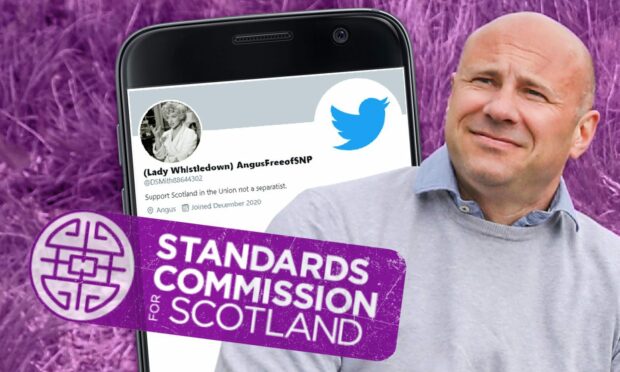

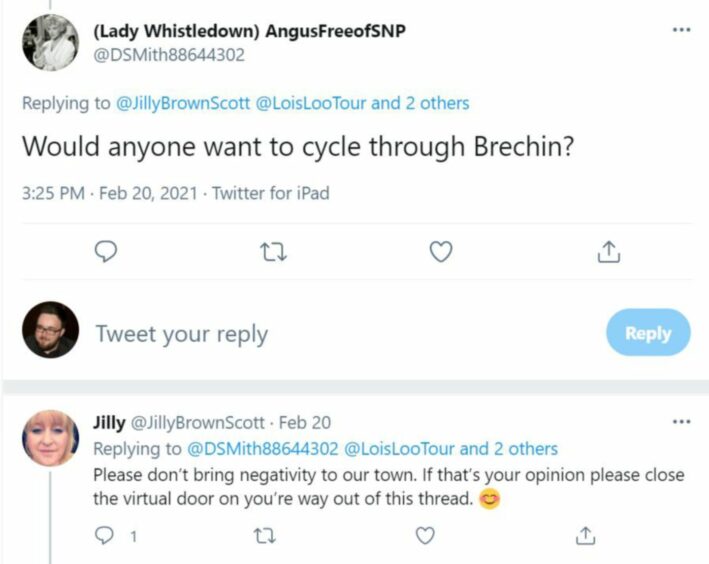

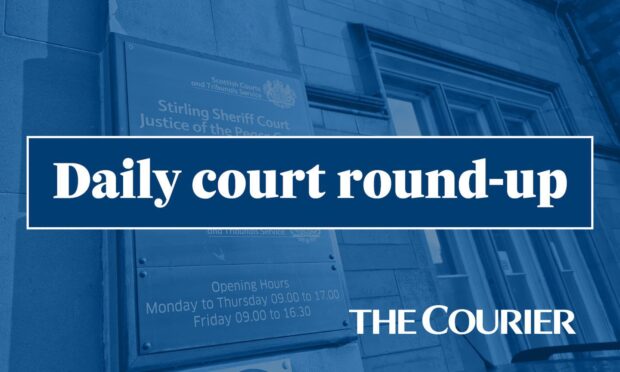


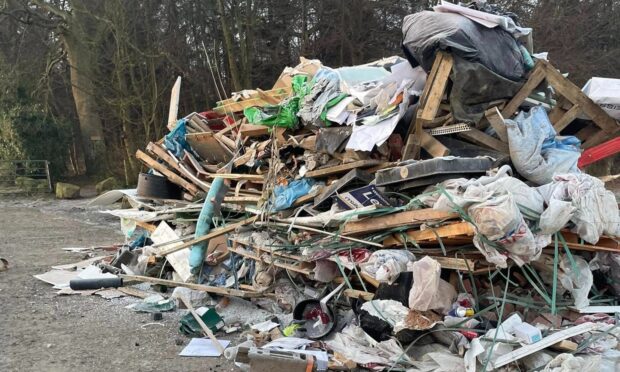

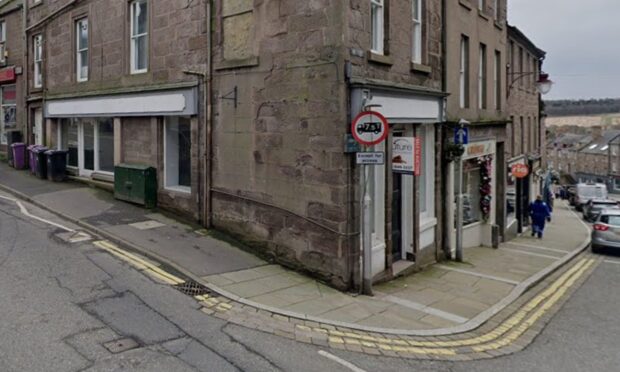



Conversation